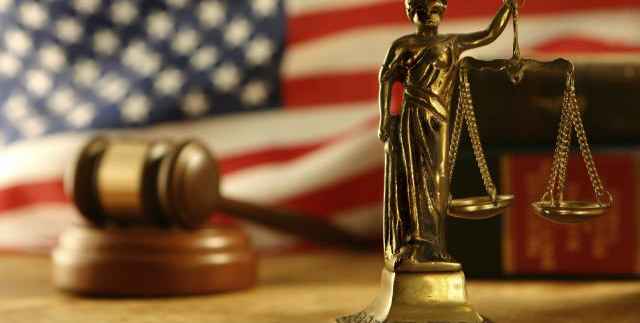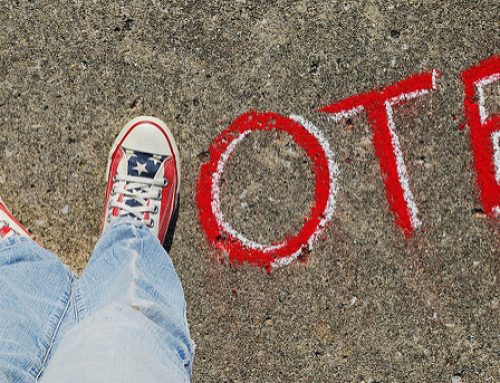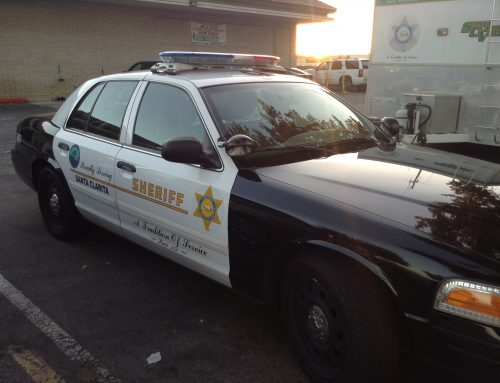In San Francisco, California an 11 judge panel of the 9th circuit court will review California’s DNA collection law. As it currently stands, anyone arrested in the State will have a sample of their DNA collected and put on file by law enforcement.
Proponents of this law state that it helps investigators solve what are known as “cold cases,” cases that are old and have yet to be solved, but have had no significant leads for quite some time. Detractors argue that taking DNA samples from people arrested for minor crimes (especially those who end up not being charged with a crime at all) violates these individuals’ rights to privacy.
State law enforcement agencies currently have over 2 million DNA samples in their database collected from various crime scenes over the years. Being able to match the DNA of current arrestees to samples in the database could lead to arrests for the crimes they are associated with.
The law was originally set to be cast down, but a recent upholding of a similar law in Maryland by the U.S. Supreme Court prompted State judges to ask both sides on the case to “refashion their arguments to the law in light of the recent ruling.”
The ACLU is taking a big stake in the fight, citing that Maryland’s law only requires samples be taken from individuals arrested for serious crimes, whereas California takes samples from anyone, even if they end up being released without being charged.





